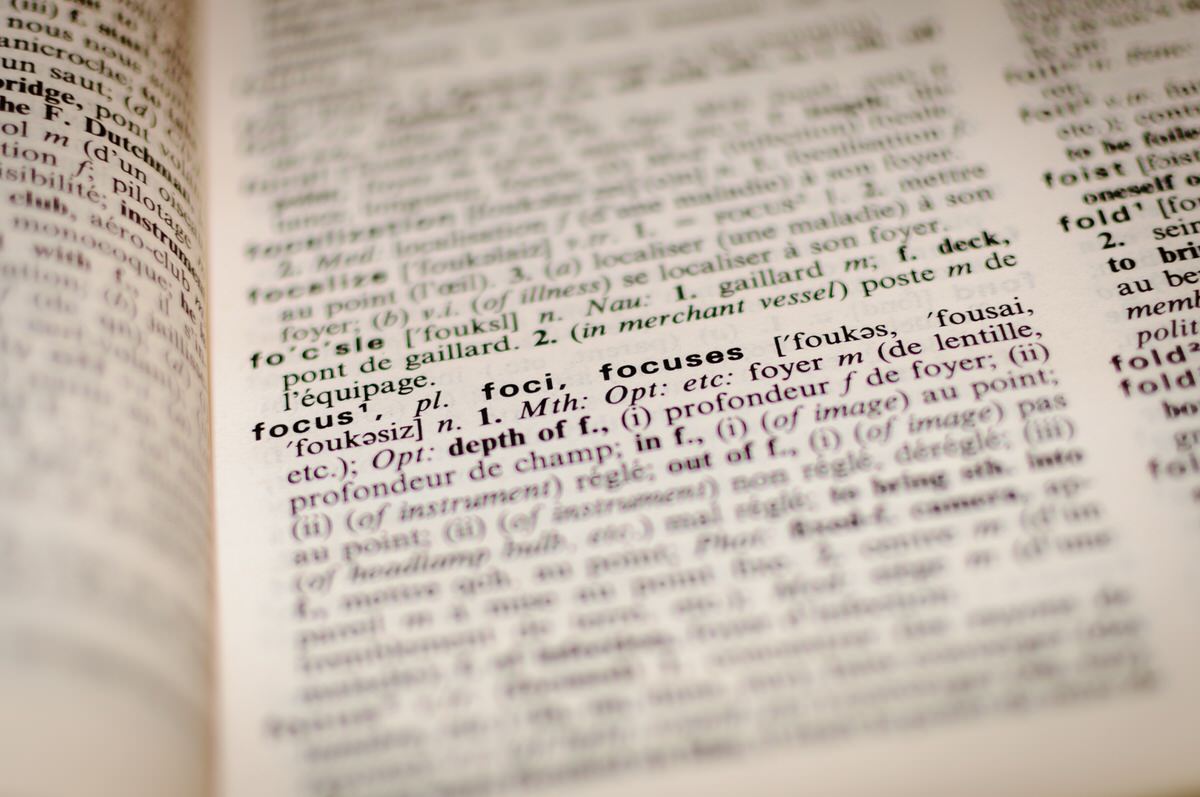Then it struck me, the term ‘people with lived experience’ only changes semantics, not attitudes and assumptions. Whether you say people experience homelessness or are homeless, the fundamental question is what you presume and presuppose about the concept of homelessness itself. Psychologically speaking, the influence of our syntax is quite limited here: rejigging the subject and predicate of a sentence does not somehow automatically override the feelings and beliefs we have internalized about the nature of homelessness. Even though the new term grammatically reframes homelessness as a condition instead of an identity, it nonetheless continues to carry the assumptions, biases, and stigmas of its speakers and hearers.James Shelley
James is right. One thing that has annoyed me about many recent efforts to change the meanings of words is that they do not account for human behaviour. Human beings are meaning making machines. The word “dude” can mean anything from “you are awesome” to “you are an ass”. It’s the same word, the difference being only the intent of the person using the word.
And if you, like me and many others, didn’t receive the memo that the word has changed meaning, the assumption is that you are intentionally trying to cause harm.
Consider the implications here: the phrase ‘people with lived experience’ can easily be used as a cognitive-linguistic short-cut for an extremely complex set of circumstances. It can be as presumptive as the terminology it was created to replace; it can be as equally typecasting and prejudicial as referring to people as ‘the homeless’, ‘those people’. Given time, a phrase originally intended to reduce generalizations and identity-imputing stereotypes can itself become a plug-and-play term for conventionalizing and pigeonholing. Language is impossible to nail down: any description can become a label, and any label can become a self-fulfilling inference. What these labels mean in society, hearts, and minds is more than the sum of their syntax.
The challenge is that words only have the meaning given to them by human beings.


